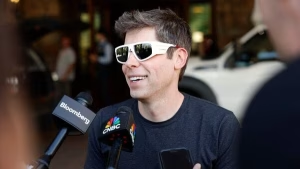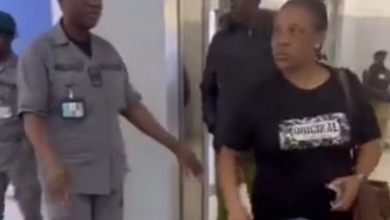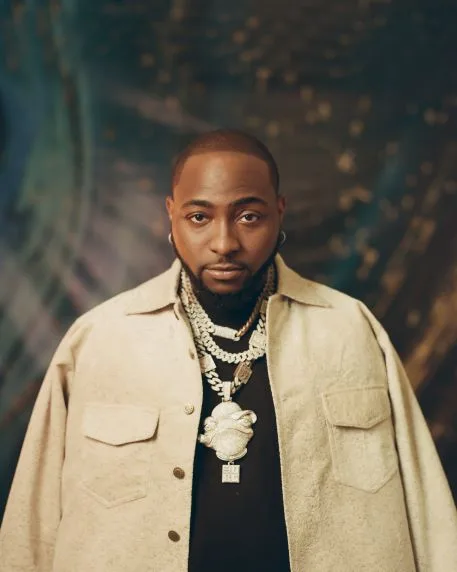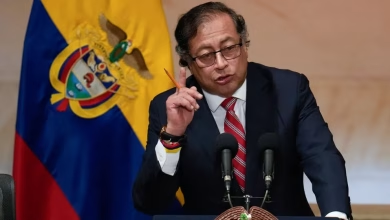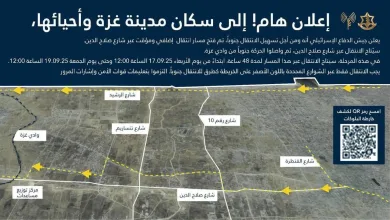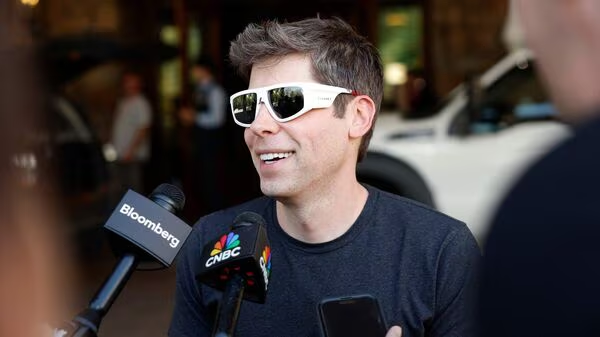
OpenAI CEO Sam Altman Warns: The Real Risk of AI Lies in Human Intent
While much of the public conversation around artificial intelligence focuses on the fear of machines going rogue, OpenAI’s CEO Sam Altman is drawing attention to a different concern—one rooted not in AI itself, but in the hands that wield it.
Speaking during a recent appearance on Theo Von’s podcast, Altman addressed a long-standing question in the tech world: Is AI itself the threat, or is it how people choose to use it? “I worry more about people using AI to do bad things than the AI deciding to do bad things on its own,” Altman said.
Rather than echoing popular fears about self-aware machines or killer robots, Altman pointed to a more grounded and immediate issue—the potential for AI tools to be misused by individuals with harmful intent. “The risk is if someone really wants to cause harm and they have a very powerful tool to do it,” he noted.
Altman’s remarks come at a time of heightened public scrutiny around generative AI and its influence on daily life. From politics to education and media, the reach of these tools is expanding rapidly. In response, he emphasized the difficulty—and necessity—of building safeguards into such powerful systems. “We’re trying to build guardrails as we go. That’s hard, but necessary,” he admitted.
Internally, OpenAI is continuing efforts to ensure safety and accountability as it pushes forward with new developments. The company recently began the rollout of its new feature, ChatGPT Agent, after a brief delay. Initially announced on July 18, the feature is now being made available to ChatGPT Plus, Pro, and Team users. However, some users have reported that the rollout still appears incomplete. OpenAI has not commented on the reason for the delay.
Altman’s perspective is a reminder that the challenge of AI safety goes beyond algorithms and code. It extends to ethics, responsibility, and the intentions of those who develop and deploy these systems. As technology advances, the question remains: will we shape AI for the good of humanity—or let it reflect the worst of us?
